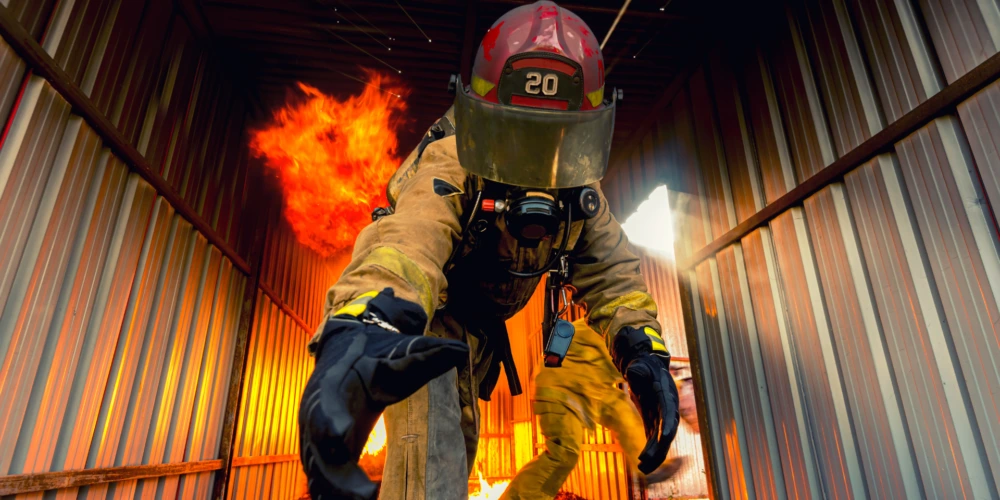Browse our shop categories to discover new arrivals and special offers.
Certified Fire Protection Specialist Exam Prep Training
Event Description
CFPS Certification offers you a distinct advantage when establishing or advancing your career. Earning the CFPS credential demonstrates your proficiency and knowledge in protecting facilities from fire. It indicates a higher level or career involvement, and clearly identifies you as a dedicated employee committed to curtailing physical and financial loss due to fire.
1. Introduction to Fire Protection
o Overview of fire protection engineering
o History and evolution of fire codes and standards
2. Fire Behavior and Combustion Principles
o Understanding fire dynamics
o Properties of different types of fires
o Combustion reactions
3. Fire Protection Systems
o Fire detection systems (smoke detectors, heat detectors, flame
detectors)
o Fire suppression systems (water-based systems, gaseous systems, foam
systems)
o Fire alarm and notification systems
4. Codes and Standards
o National Fire Protection Association (NFPA) codes
o International Building Code (IBC) and International Fire Code (IFC)
o Local fire codes and regulations
5. Fire Risk Assessment and Analysis
o Principles of fire risk assessment
o Methods for assessing fire hazards
o Techniques for analyzing fire risks in different environments
6. Emergency Response and Planning
o Emergency response procedures
o Developing emergency evacuation plans
o Incident command systems
7. Special Hazards
o Hazardous materials and their fire risks
o Industrial fire protection
o High-risk occupancies (e.g., healthcare facilities, high-rise buildings)
8. Ethics and Professionalism
o Professional responsibilities of fire protection specialists
o Ethical considerations in fire protection
9. Review and Practice
o Practice questions and quizzes
o Review of key concepts and topics
Certification Exam
After completing the course, candidates are eligible to take the CFPS certification exam. This exam tests knowledge in the areas covered during the course and assesses the candidate’s ability to apply fire protection principles in practical scenarios.
Duration: 30 Hours



